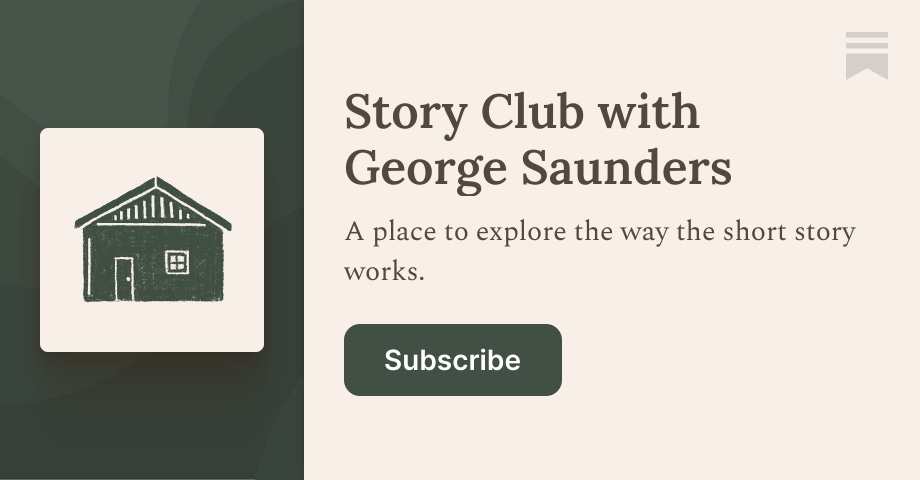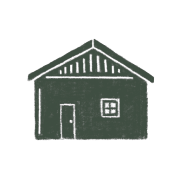George Saunders on Reading For Fun vs. Reading For Analysis
One of the good still-good things on the internet: George Saunders’s Substack, Story Club.
Today he wrote in response to a great reader question, summed up in this paragraph:
Ah, the eternal conundrum, the tug of war between imagination and reality. While the right brain strives for abstraction, metaphor, symbolism, the left brain struggles for certainty, objectivity, the material. Where's the ideal interface? How much critical analysis is necessary to enjoy a story? Is it sufficient to read for the pleasure of the experience? Are all impressions, conclusions, interpretations equally valid? Is a story whatever the reader thinks it is? Or, to paraphrase Orwell, "All interpretations are equal, but some interpretations are more equal than others"?
The question’s actually much long and better and entertaining than just that bit, but this is the heart of the matter.

His response is kind of perfect. Because we do both, don’t we? Or at least want to.
I wrote recently about wanting to recharge my reading habit, and this newsletter came at just the right time for me.
You ask, “Is it sufficient to read for the pleasure of the experience?” to which I would answer with a resounding YES. It is totally sufficient. It’s all there is.
It’s also necessary, if we have any desire to understand the thing better, to first read it for pleasure. Without that first read, we’ve got nothing to work with. I always read for pleasure (reaction) first. For sure.
And, for my money, it’s perfectly fine if a person wants to stop there.
However, if a person doesn’t want to stop there – if they feel that there’s (even more) pleasure to be had, by way of asking what makes the thing tick (why it gave them pleasure, or didn’t), then I’m good with that too – and I belong firmly in this camp. Approaching stories technically has definitely helped my work – although, as with all things, I find I have to do it “just right” – not too much and not too little.
Of course his answer goes beyond the most basic response; he’s a creative writing instructor (in addition to being an award-winning author). Of course he values the deeper analysis of books.
But when you’re trying to get back into reading as a dedicated hobby, it can feel like there’s a right or wrong way to go about it. It’s nice to read a reminder that there’s not a one-size-fits-all solution. Reading is enough.
I really hope you’ll read the entirety of his response. It’s great insight to his process as a writer and reader, and it can illuminate your reading and creative process.
